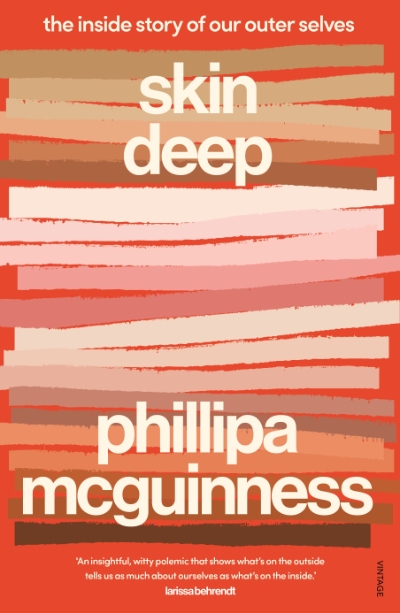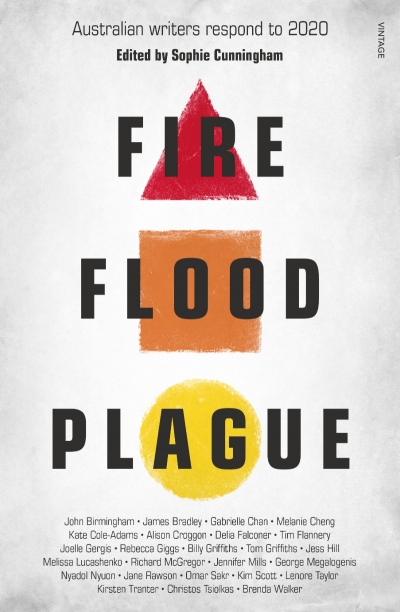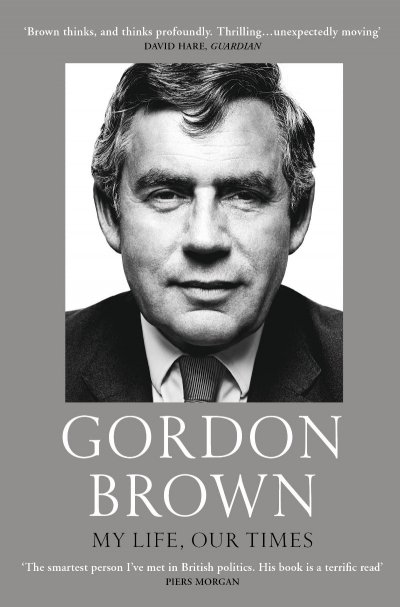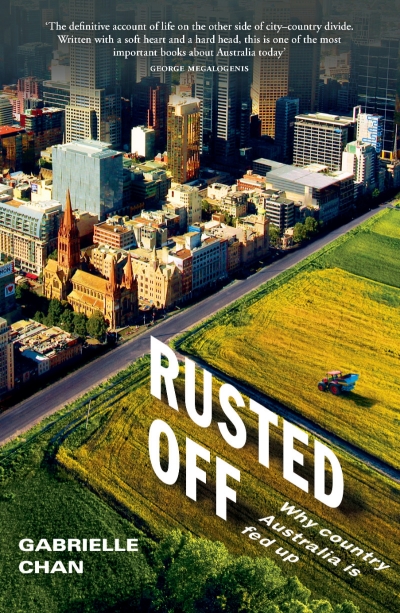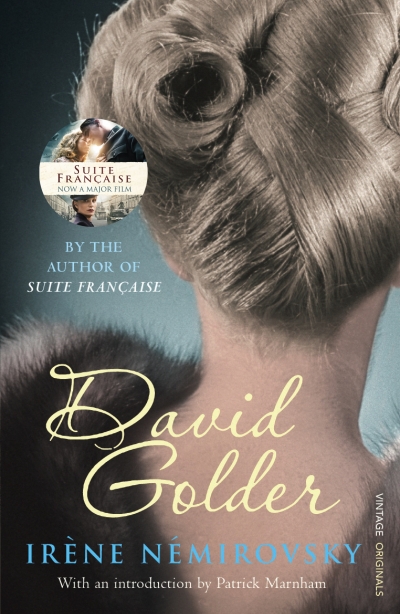When Irène Némirovsky’s Suite Française was first published in France in 2004, it created extraordinary interest for at least three reasons. Firstly, there was the story of the survival of the manuscript, preserved in an unopened suitcase for almost sixty years by Némirovsky’s daughters, Elisabeth and Denise, who had assumed that the papers in their possession were personal notes that would be too painful for them to read. Secondly, there was the documentation, provided in Myriam Anissimov’s preface and in a rich appendix, about Némirovsky’s life as an identified foreign Jew under Nazi occupation. Arrested in July 1942, interned in the Pithiviers camp, and deported almost immediately to Auschwitz, she died barely a month after her arrest, even as her husband and friends, ignorant of her fate, tried frenetically to save her. Finally, there was the novel itself, or rather, the two completed sections of what was intended to be a five-part epic narrative: a brilliantly rendered fresco of the French collapse in 1940 and the first years of German occupation, which earned Némirovsky, posthumously, the unparalleled honour of the prestigious Renaudot prize. With the English translation of the novel in 2006, she became an international celebrity. A Némirovsky biography, therefore, could hardly be more timely.
...
(read more)

